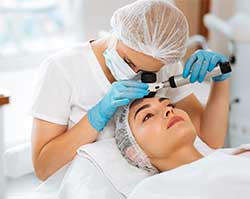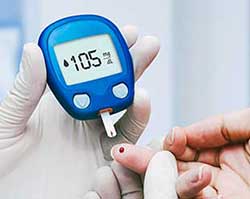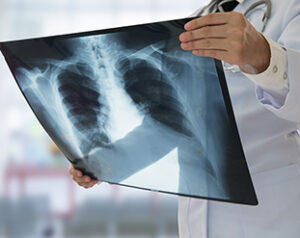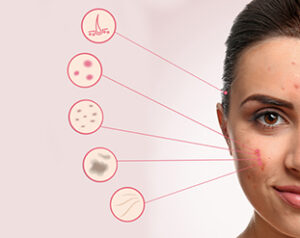Consult City's Top Doctors, The Minute You Need To
First Consultation starting
@ ₹249 ₹499
2836
Dermatologists
1013019
Cases done
by Dermatologists
1750
Hospitals
Growth and lesions on unspecified parts of face? Here’s all you need to know
About
Basal Cell Carcinoma refers to abnormal growth in the skin’s basal cells. These basal skins line the deepest layer of the epidermis i.e., the outermost layer of the skin. Such growth is uncontrollable.
In fact, Basal cell carcinoma is the most frequently occurring form of all cancers. [1]
-Treatable by a medical professional
-Requires a medical diagnosis
-Lab tests or imaging often required
-Surgery may be required
Basal Cell Carcinoma begins in the basal cells and is a type of skin cancer. Basal cells are a type of cell within the skin that produces new skin cells as old ones die off. Basal cell carcinoma can take many forms. One of them is a slightly transparent lump on the skin. Basal cell carcinoma is most often seen on areas of the skin that are exposed to the sun.
Symptoms
Symptoms of Basal cell carcinoma may include:
- A pearly white, skin-colored or pink bump
- A brown, black or blue lesion
- A flat, scaly, reddish patch
- A white, waxy, scar-like lesion
Treatment
Self Care: Iodine, vitamin C, eggplant and baking soda can help in treatment.
Surgery and related procedures: For treating basal cell carcinoma There are several surgical options available.
Medications: Drugs used to treat basal cell carcinoma may include tropical treatments and medication for advances cancer.
Specialist: A specialist must be consulted if you see any symptoms of Basal cell carcinoma. At mfine you will receive a holistic treatment plan for optimum health.
Other Specialities
Give a missed call to 08061914343 to Download the App
































